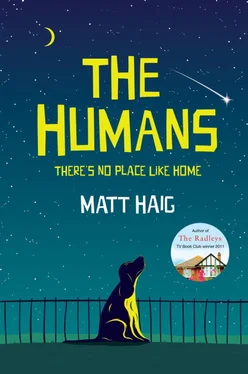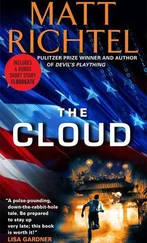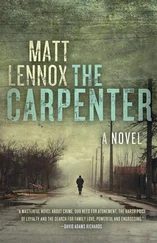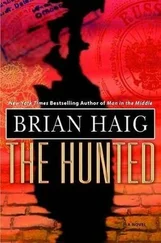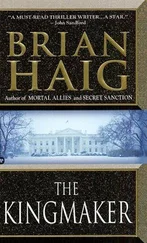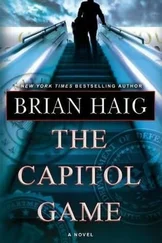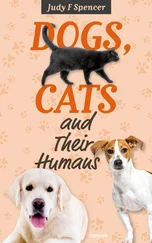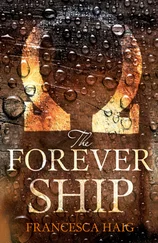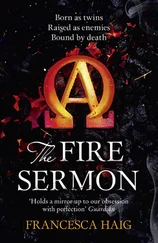It was a happy place, Stanford University. All the students wore smiles and red sweaters and looked very tanned and healthy for life forms who spent their entire days in front of computer screens. I would walk like a ghost through the bustle of the quad, breathing that warm air, trying not to be terrified by the scale of human ambition surrounding me.
I got drunk a lot on white wine, which made me a rarity. No one seemed to have hangovers at this place. Also, I didn’t like frozen yoghurt – a big problem, as everyone at Stanford lived on frozen yoghurt.
I bought myself music. Debussy, Ennio Morricone, the Beach Boys, Al Greene. I watched Cinema Paradiso . There was a Talking Heads song called ‘This Must Be the Place’ which I played over and over again, even though doing so made me feel melancholy and crave to hear her voice again, or to hear Gulliver’s footsteps on the stairs.
I read a lot of poetry, too, though that often had a similar effect. One day I was in the campus bookstore and saw a copy of The Dark Ages by Isobel Martin. I stood there for what must have been the best part of half an hour reading her words aloud. ‘Freshly ravaged by the Vikings,’ I’d say, reading the penultimate page, ‘England was in a desperate state, and responded with a brutal massacre of Danish settlers in 1002. Over the next decade, this unrest was shown to breed even greater violence as the Danes embarked on a series of reprisals, culminating in Danish rule of England in 1013…’ I pressed the page to my face, imagining it was her skin.
I travelled with my work. I went to Paris, Boston, Rome, São Paolo, Berlin, Madrid, Tokyo. I wanted to fill my mind with human faces, in order to forget Isobel’s. But it had the opposite effect. By studying the entire human species, I felt more towards her specifically. By thinking of the cloud, I thirsted for the raindrop.
So I stopped my travels and returned to Stanford, and tried a different tactic. I tried to lose myself in nature.
The highlight of my day became the evening, when I would get in my car and drive out of town. Often I would head to the Santa Cruz mountains. There was a place there called the Big Basin Redwoods State Park. I would park my car and walk around, gazing in wonder at the giant trees, spotting jays and woodpeckers, chipmunks and racoons, occasionally a black-tailed deer. Sometimes, if I was early enough, I would walk down the steep path near Berry Creek Falls, listening to the rush of water which would often be joined by the low croak of tree frogs.
At other times I would drive along Highway One and go to the beach to watch the sunset. Sunsets were beautiful here. I became quite hypnotised by them. In the past they had meant nothing to me. After all, a sunset was nothing really but the slowing down of light. At sunset light has more to get through, and is scattered by cloud droplets and air particles. But since becoming human I was just transfixed by the colours. Red, orange, pink. Sometimes there would be haunting traces of violet, too.
I would sit on the beach, as waves crashed and retreated over the sparkling sand like lost dreams. All those oblivious molecules, joining together, creating something of improbable wonder.
Often such sights were blurred by tears. I felt the beautiful melancholy of being human, captured perfectly in the setting of a sun. Because, as with a sunset, to be human was to be in-between things; a day, bursting with desperate colour as it headed irreversibly towards night.
One night I stayed sitting on the beach as dusk fell. A fortysomething woman walked along, bare-footed, with a spaniel and her teenage son. Even though this woman looked quite different from Isobel, and though the son was blond, the sight caused my stomach to flip and my sinuses to loosen.
I realised that six thousand miles could be an infinitely long distance.
‘I am such a human,’ I told my espadrilles.
I meant it. Not only had I lost the gifts, emotionally I was as weak as any of them. I thought of Isobel, sitting and reading about Alfred the Great or Carolingian Europe or the ancient Library of Alexandria.
This was, I realised, a beautiful planet. Maybe it was the most beautiful of all. But beauty creates its own troubles. You look at a waterfall or an ocean or a sunset and you find yourself wanting to share it with someone.
‘Beauty—be not caused—,’ said Emily Dickinson. ‘It is.’
In one way she was wrong. The scattering of light over a long distance creates a sunset. The crashing of ocean waves on a beach is created by tides which are themselves the result of gravitational forces exerted by the sun and the moon and the rotation of the Earth. Those are causes.
The mystery lies in how those things become beautiful.
And they wouldn’t have been beautiful once, at least not to my eyes. To experience beauty on Earth you needed to experience pain and to know mortality. That is why so much that is beautiful on this planet has to do with time passing and the Earth turning. Which might also explain why to look at such natural beauty was to also feel sadness and a craving for a life unlived.
It was this particular kind of sadness that I felt, that evening.
It came with its own gravitational pull, tugging me eastwards towards England. I told myself I just wanted to see them again, one last time. I just wanted to catch sight of them from a distance, to see with my own eyes that they were safe.
And, by pure coincidence, about two weeks later I was invited to Cambridge to take part in a series of lectures debating the relationship between mathematics and technology. My head of department, a resilient and jolly fellow called Christos, told me he thought I should go.
‘Yes, Christos,’ I said, as we stood on a corridor floor made of polished pinewood. ‘I think I might.’
I stayed in student accommodation in Corpus Christi, of all places, and tried to keep a low profile. I had grown a beard now, was tanned, and had put on a bit of weight, so people tended not to recognise me.
I did my lecture.
To quite a few jeers I told my fellow academics that I thought mathematics was an incredibly dangerous territory and that humans had explored it as fully as they could. To advance further, I told them, would be to head into a no-man’s-land full of unknown perils.
Among the audience was a pretty red-haired woman who I recognised instantly as Maggie. She came up to me afterwards and asked if I’d like to go to the Hat and Feathers. I said no, and she seemed to know I meant it, and after posing a jovial question about my beard, she left the hall.
After that, I went for a walk, naturally gravitating towards Isobel’s college.
I didn’t go too far before I saw her. She was walking on the other side of the street and she didn’t see me. It was strange, the significance of that moment for me and the insignificance of it for her. But then I reminded myself that when galaxies collide they pass right through.
I could hardly breathe, watching her, and didn’t even notice it was beginning to rain. I was just mesmerised by her. All eleven trillion cells of her.
Another strange thing was how absence had intensified my feelings for her. How I craved the sweet everyday reality of just being with her, of having a mundane conversation about how our days had been. The gentle but unbettered comfort of coexistence. I couldn’t think of a better purpose for the universe than for her to be in it.
She pulled open her umbrella as if she were just any woman pulling open an umbrella, and she kept on walking, stopping only to give some money to a homeless man with a long coat and a bad leg. It was Winston Churchill.
Читать дальше
